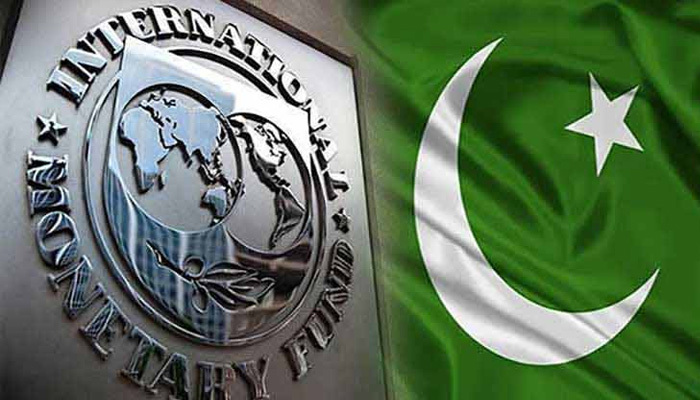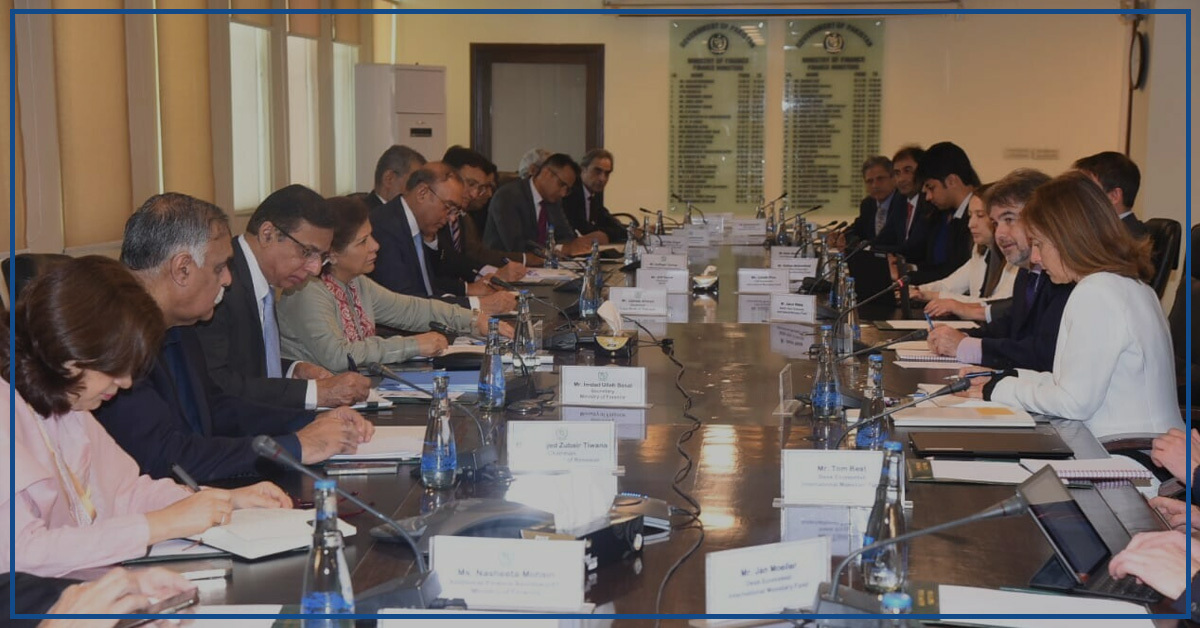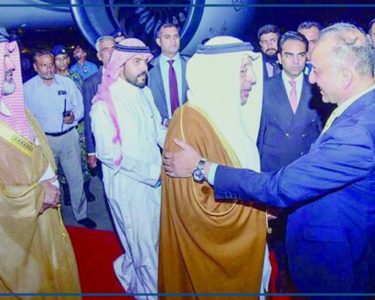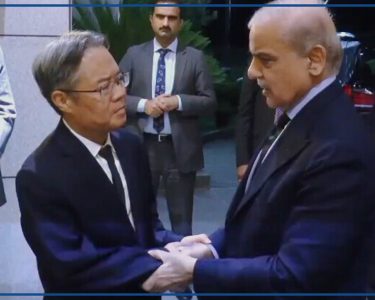In a positive kick-off to the long-anticipated loan review talks, Pakistan’s caretaker government and the International Monetary Fund (IMF) have set the stage for a comprehensive discussion on forward-looking reforms under a nine-month bailout package. This package is scheduled to be completed by March next year.
Caretaker Finance Minister, Dr. Shamshad Akhtar, and IMF’s mission chief for Pakistan, Nathan Porter, have led their respective teams into the opening round of negotiations, extending over two weeks. They aim to evaluate Pakistan’s performance in the first quarter that commenced in July and to discuss the next tranche of funding.
Mr Porter expressed his appreciation for the government’s commitment to meeting the first-quarter targets, as reported by the Ministry of Finance. He commended the government’s dedication and the measures taken in critical areas, emphasizing the importance of sustaining these efforts to ensure the country’s economic stability.
The meeting also witnessed the presence of IMF’s resident representative in Islamabad, Esther Perez Ruiz, State Bank Governor Jameel Ahmed, Federal Board of Revenue (FBR) Chairman Amjed Zubair Tiwana, Securities and Exchange Commission of Pakistan Chairman Akif Saeed, Finance Secretary Imdadullah Bosal, senior finance ministry officials, and several IMF delegates.
Dr Akhtar presented Pakistan’s official position regarding the progress made thus far on the $3 billion short-term loan agreement, known as the Standby Arrangement (SBA).
She outlined fiscal measures designed to improve the economic situation, including stringent expenditure control, a reduction in subsidies and provincial fiscal controls, and higher-than-targeted primary surplus and non-revenue collections for the first quarter of the fiscal year.
The finance minister and her team discussed comprehensive reforms and measures with the visiting team, particularly those undertaken by the FBR, which resulted in higher-than-targeted revenue collections. This success extended into October, the first month of the second quarter.
The government also provided the IMF with updates on the circular debt issue in the power sector. The consumer-end tariff had been rebased in July, aligning with indicative targets.
Furthermore, strategies to address the circular debt issue, particularly in the power and gas sectors, were discussed. Notably, decisions had been made to significantly increase natural gas tariffs, ensuring that no circular debt addition would occur during the current fiscal year.
The government also shared that the petroleum development levy targets for the first quarter had not only been met but exceeded the indicative target for the entire fiscal year. A levy of Rs55 per litre on petrol and diesel had been achieved, with an increase to Rs60 for both products in the second quarter to create a fiscal cushion.
While net international reserves (NIR) for the central bank were generally in line with the first-quarter target of negative $14.55 billion, the second-quarter target of negative $13.8 billion NIR could pose a challenge.
Total disbursements from multilateral and bilateral sources in the first half of the year were targeted at $12.2 billion, including $5.45 billion in the first quarter and $6.73 billion in the second.

Technical-level discussions with relevant ministries and agencies were set to commence on Friday, resuming on Monday and continuing throughout the following week.
In the coming week, the IMF team will engage with power and petroleum divisions, the FBR, the State Bank of Pakistan, and key state-owned enterprises. These discussions aimed to address past failures and rising fiscal slippages, with a particular focus on the Benazir Income Support Programme.
The two sides were expected to take a break over the weekend and initiate a policy-level dialogue before concluding the review on November 16.
Key discussions would revolve around structural reforms, focusing on state-owned enterprises, quarterly national accounts, and climate-related public investment management assessment action plans.
Dr. Akhtar reaffirmed the government’s commitment to working closely with the IMF to ensure the successful completion of the SBA and the achievement of economic objectives.
Pakistan’s caretaker government and the International Monetary Fund (IMF) have initiated crucial discussions, setting a positive tone for the loan review process. These talks are part of a nine-month bailout package, expected to conclude by March next year.
In the first round of negotiations, Caretaker Finance Minister Dr Shamshad Akhtar and IMF’s mission chief for Pakistan, Nathan Porter, lauded the government’s dedication to meeting first-quarter targets. Porter commended the government’s efforts and measures in critical areas, emphasizing the need to maintain economic stability.
The meeting also included IMF’s resident representative in Islamabad, Esther Perez Ruiz, State Bank Governor Jameel Ahmed, Federal Board of Revenue (FBR) Chairman Amjed Zubair Tiwana, Securities and Exchange Commission of Pakistan Chairman Akif Saeed, Finance Secretary Imdadullah Bosal, and several IMF delegates.
Dr. Akhtar outlined Pakistan’s progress on the $3 billion short-term loan agreement, the Standby Arrangement (SBA). Measures to improve the economic situation, including expenditure control and revenue collections exceeding targets, were discussed.
The government’s team also updated the IMF on the circular debt issue in the power sector, outlining strategies and decisions to prevent further debt accumulation.
Moreover, the petroleum development levy targets for the first quarter were not only met but exceeded, creating a fiscal cushion. However, challenges lie ahead in the second quarter, with the need to balance net international reserves and disbursements.
Technical-level discussions with relevant ministries and agencies are scheduled to begin in the coming days, focusing on power and petroleum divisions, the FBR, the State Bank of Pakistan, and state-owned enterprises. These discussions aim to address past failures and fiscal challenges.
A policy-level dialogue is anticipated before concluding the review on November 16. Key discussions will revolve around structural reforms, state-owned enterprises, quarterly national accounts, and climate-related public investment management assessment action plans.
Dr. Akhtar reiterated the government’s commitment to collaborating with the IMF for a successful SBA completion and the achievement of economic objectives.





